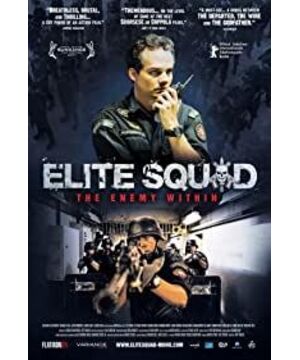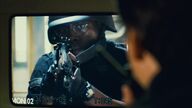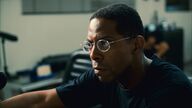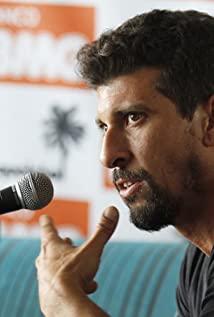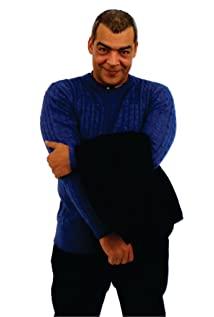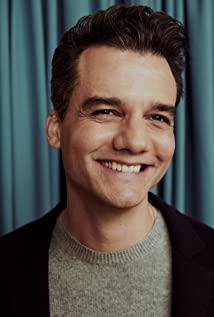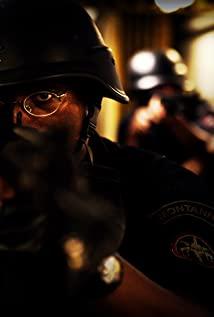I remember when I was in class, when a guest speaker asked to imagine a place you thought was safe and whether there were police in that place, no one answered "yes". Compared with the personal biographical color of the first part, the second part is more complicated from the entanglement of various forces to the reflection on the whole system. Although the second is purely fictional, it is more real than the first. To borrow the words of Matthias, in a rotten and thorough system, nothing can be changed except the individual. (Seeing the human rights organization counting the numbers related to the regulatory system in the bright and spacious lecture hall, I remembered Matthias's reference in the first part that it is impossible to know the slum in the elegant south-facing apartment The real situation. The root of violence is the root. This does not mean to completely deny human rights organizations. After taking relevant courses, I have understood and reflected on many problems in the entire regulatory system. But we can really survive In a society without police and prisons? The supervision system does have the property of opposing people to people, presupposing that people are a certain "threat" in society and the system, but without this system, the How to ensure that human beings are rational and good? Here are just questions, and it is difficult to give a definite answer. This is also a question that has plagued me for a semester since I took that course. On the one hand, there are a lot of The survey data proves that the supervision system is inefficient in protecting public safety, and that excessive control and surveillance are one of the reasons for inducing prison riots; The debate that architecture is part of the punishment thus lowers the quality of life in it, and even the issue of the privatization of prisons. All parties are intertwined into a dead end, all speaking their own truth.)
View more about Elite Squad 2: The Enemy Within reviews


